Lost melodies of Karachi
In the area surrounding Empress Market, shops of old musical instruments could no longer exist be found
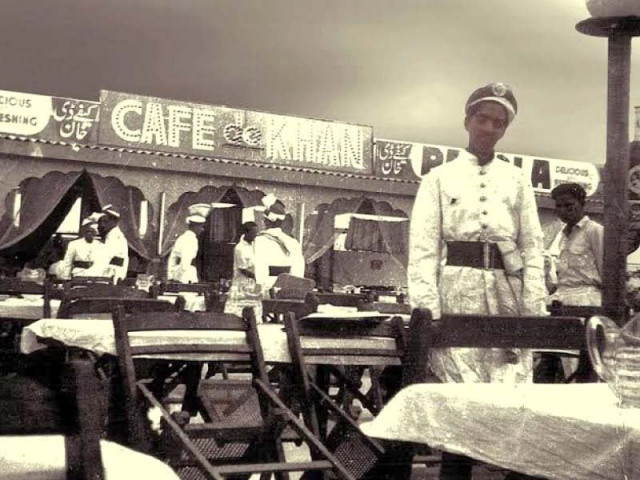
Karachi is yet to find its lost Alamgirs playing guitar at a tea hotel; discover artists who would entertain visitors at tea shops and hotels as they used to do in 1960s and 1970s. PHOTOS: EXPRESS
The city's old residents can still picture peculiar figures dressed in two-piece suits, with bow ties around their collars, standing by side roads and playing different musical instruments. Some would be strumming guitars and others drawing a bow across the strings of a violin or playing saxophones. It was a common sight for the residents of Karachi in the olden times, who connected with these artists through their music.
It was Saddar for them- a place where music flowed in abundance.
Back then, Saddar also housed a market of old and used, but quality musical instruments available at affordable prices.
Neighbouring the densely populated area near Jahangir Park and Empress Market, amid shops selling old leather jackets and shoes imported from foreign countries, shops of old musical instruments could be found, but these no longer exist.
Vendors owning shops in this market would purchase imported musical instruments from warehouses situated near Gulbai and then sell them at a low price. A variety of musical instruments were imported from America, Britain, China, Germany and Taiwan, including keyboards, acoustic guitars, electric guitars and drums, that made way to the musical instrument shops in Saddar. Apart from musical instruments, microphones, sound systems and amplifiers were also available at these shops at low prices. A beginners' manual for aspiring pianists and guitarists would cost between Rs1,500 to Rs2,000 and faulty or slightly damaged instruments could be bought at a price the customer deemed fit.
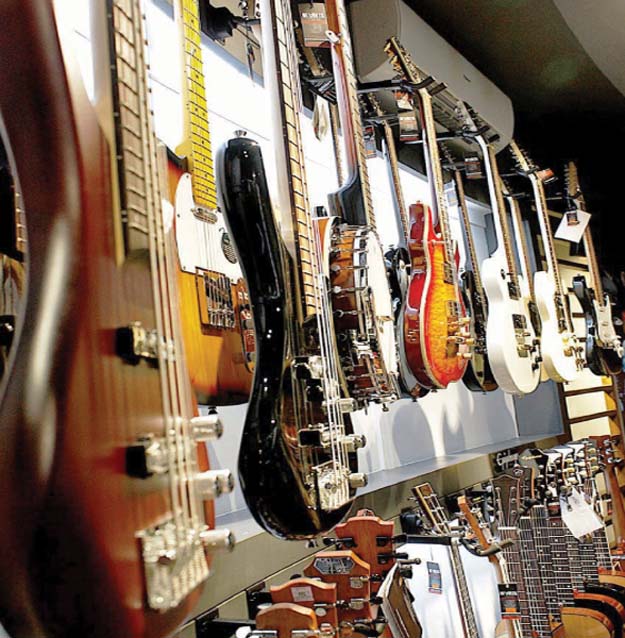
Amateur artists, beginners and professional musicians, all would flock these shops to purchase good quality and branded musical instruments at affordable prices. Unfortunately, these shops have now become a thing of past.
According to Jumma Khan, a shopkeeper who used to sell old musical instruments in Saddar, everything went haywire after the market [housing his shop] was demolished. He said that after the demolition of the market, serious efforts were made to set up a similar market elsewhere, but nothing worked.
Left with no other option, Jumma now sells electronic products to earn livelihood.
Many other shopkeepers, like Jumma, have set up businesses selling other electronic products. However, all hope for music lovers in the city is not lost.
Few of the displaced shopkeepers selling old musical instruments opted to hold on to their love for music. They have set up makeshift stalls in vacant grounds near Taj Medical Complex and CDGK Parking Plaza. Apart from these stalls, shops selling musical instruments at affordable prices could still be found in Liaquatabad C1, Al-Karam Square, Juna Market, Nigar Cinema, Lyari and some other areas of Karachi. Moreover, vendors in these areas can also get interested people in touch with music teachers who charge Rs1,500 for hour-long music classes held twice a week. Though, the fee increases if they are asked to give classes at home.
These music teachers could be often seen giving piano or guitar lessons to children, individually or in groups. Witnessing such scenes gives Amir Khan, a music teacher at a music centre in Liaquatabad, hope that musicians still have a bright future in this city.
He feels pleased that the younger generation is still enthusiastic about music and said that many children approach him to learn music. According to Amir, many of his students have made a mark in the field of music, all because of their passion and determination.
However, it is still a long road to recreating the old music scene in the city. Karachi is yet to find its lost Alamgirs playing guitar at a tea hotel like Café D Khan; discover artists who would entertain visitors at tea shops and hotels as it used to be in 1960s and 1970s; and witness musicians standing by road sides taking off their hats to collect money offered by passers-by, appreciating their talent.
Published in The Express Tribune, June 30th, 2019.


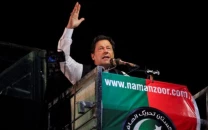
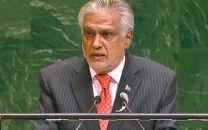
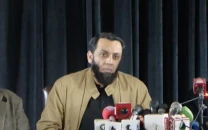














COMMENTS
Comments are moderated and generally will be posted if they are on-topic and not abusive.
For more information, please see our Comments FAQ